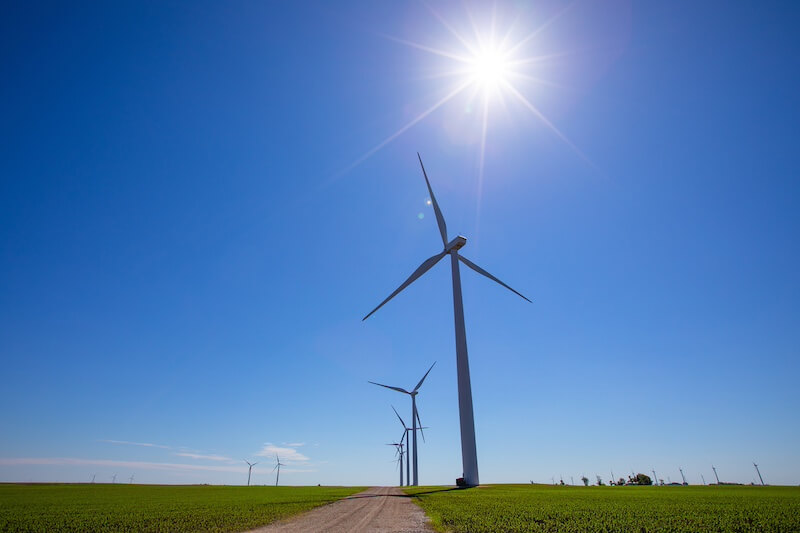New Cybersecurity Center to Protect Grids Integrated With Renewables, Microgrids
Mike Krapfl, Iowa State University News Service
Posted May 6, 2024

Mike Krapfl, Iowa State University News Service
Posted May 6, 2024

Bringing renewable energy to the power grid raises all kinds of “internet-of-things” issues, said Iowa State University’s Manimaran Govindarasu.
That’s because “everything is connected,” said the Anson Marston Distinguished Professor in Engineering.
Solar inverters are connected to the internet. Wind farm controllers are connected to the internet. And with each internet connection, energy resources distributed across the countryside are potentially vulnerable to cyberattacks. That could interrupt power transmission or even result in blackouts.
To help the power industry defend itself, the U.S. Department of Energy (DOE) has selected a project led by Iowa State University engineers for a two-year, $2.5 million grant. Project partners will also contribute $1 million in cost-share funding, including equipment and labor costs.
The funding will create a new cybersecurity center based at Iowa State called CyDERMS, the Center for Cybersecurity and Resiliency of DERs and Microgrids-integrated Distribution Systems. DERs are distributed energy resources such as wind and solar farms or energy storage technologies. Microgrids are local DER grid systems that can be connected to or isolated from the larger grid. Closing or isolating grid connections can help maintain service during cyberattacks or damaging storms.
The DOE recently announced $15 million in grants to establish six university-based centers to address a region’s unique cybersecurity and workforce training needs. The lead campuses for the other centers will be in Connecticut, Florida, Illinois, Pennsylvania and Texas.
“This investment in university-based cybersecurity centers will enable us to simultaneously grow the U.S. cyber workforce and build the expertise we need to take on the evolving cyber threats to our nation’s energy systems,” said Puesh M. Kumar, the director of the DOE’s Office of Cybersecurity, Energy Security and Emergency Response.
The center based at Iowa State will be led by Govindarasu, who’s also the Murray J. and Ruth M. Harpole Professor in Electrical and Computer Engineering and a contributor at the DOE’s Ames National Laboratory. Four other Iowa State researchers will also be affiliated with the center. (See sidebar.)
In addition, the center’s project team will include researchers from the University of Illinois Urbana-Champaign, the University of Minnesota Twin Cities, Michigan Technological University, GE Vernova, Argonne National Laboratory and the National Renewable Energy Laboratory. (See sidebar for quotes from CyDERMS university partners.)
The center’s industry advisory board includes representatives from the Central Iowa Power Cooperative, Xcel Energy Inc., Hubbell Inc., Hitachi Energy and MITRE.
Govindarasu said CyDERMS has two primary objectives:
First, center researchers will protect power grids containing wind and solar farms and microgrids by developing robust computer algorithms and other tools to detect and mitigate cyberattacks and system faults in real time. The researchers will use artificial intelligence and machine learning tools to help detect grid problems and malicious activities.
And second, they’ll strengthen the grid industry’s cybersecurity workforce by developing curricular modules, capstone design projects, cyber-defense competitions plus hands-on workshops for industry and utility employees, including in rural areas.
“This will be a university-based cybersecurity research center for renewable energy on the distribution grid,” Govindarasu said. “We’ll work with local industry in Iowa, Minnesota, Illinois and Michigan to understand and respond to the needs of local industry. That’s the emphasis here.”
It’s a difficult challenge because renewable resources are in cities, towns and rural areas across the Midwest.
“There are controllers and inverters all over the place,” Govindarasu said. “There are wind farms and rooftop solar, community solar and utility solar. The opportunities to attack are huge compared to a conventional grid.”
